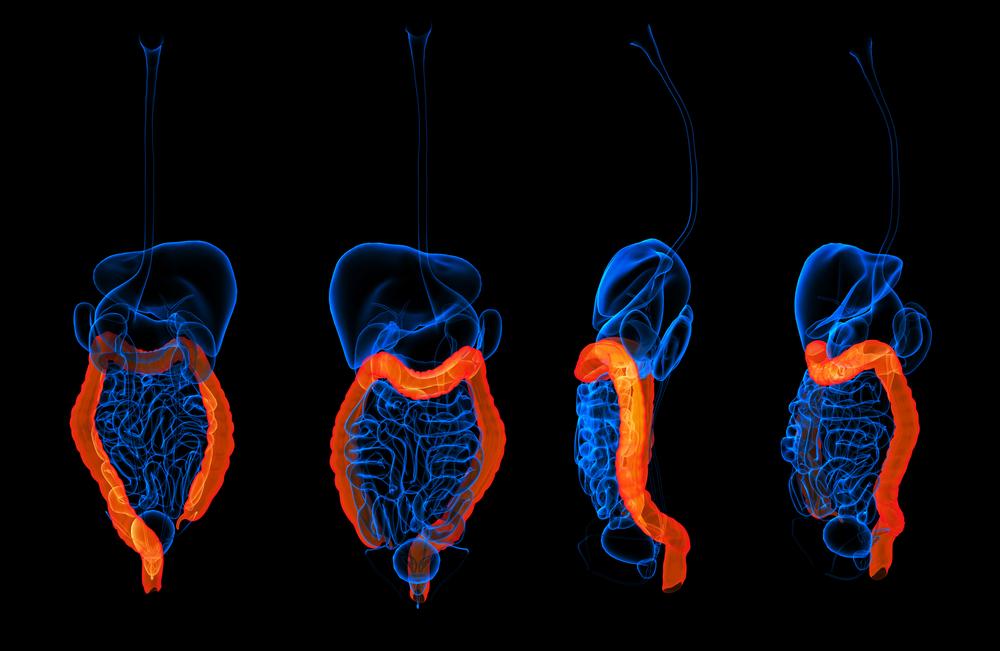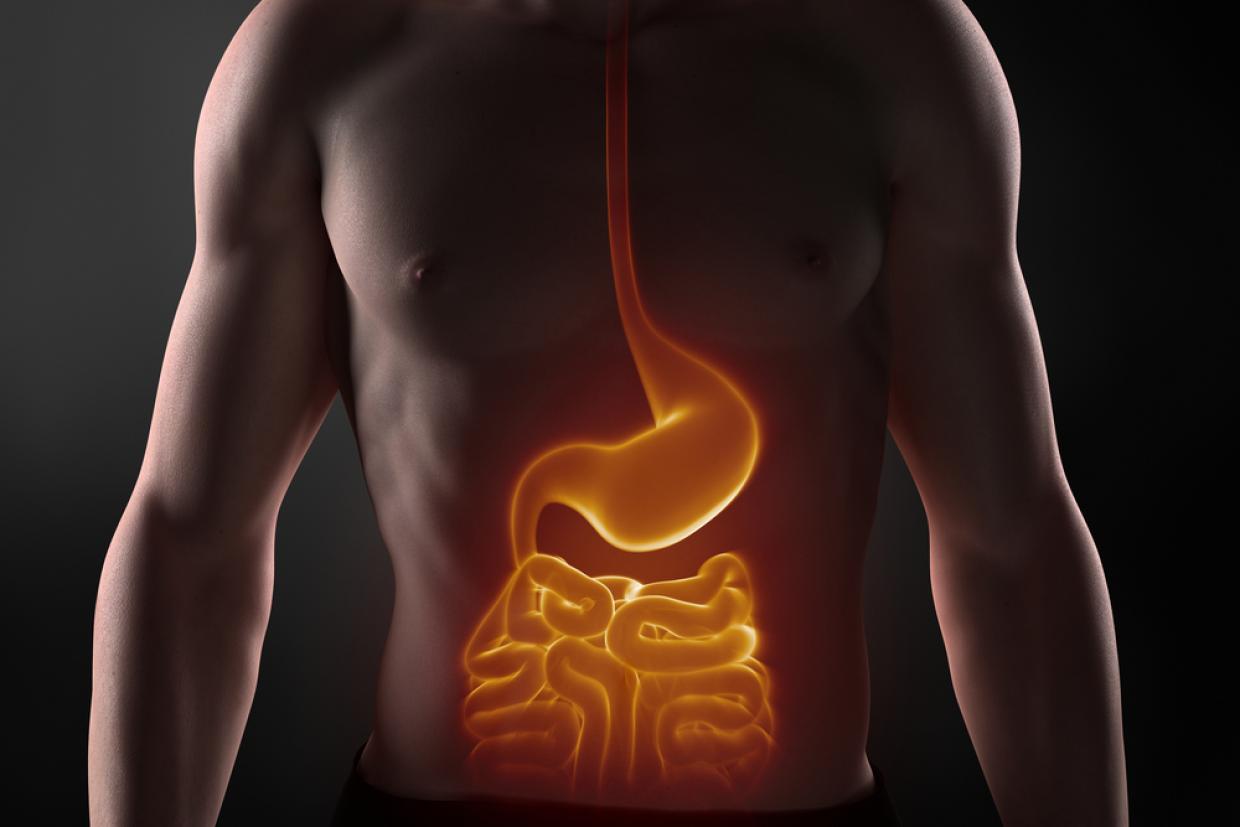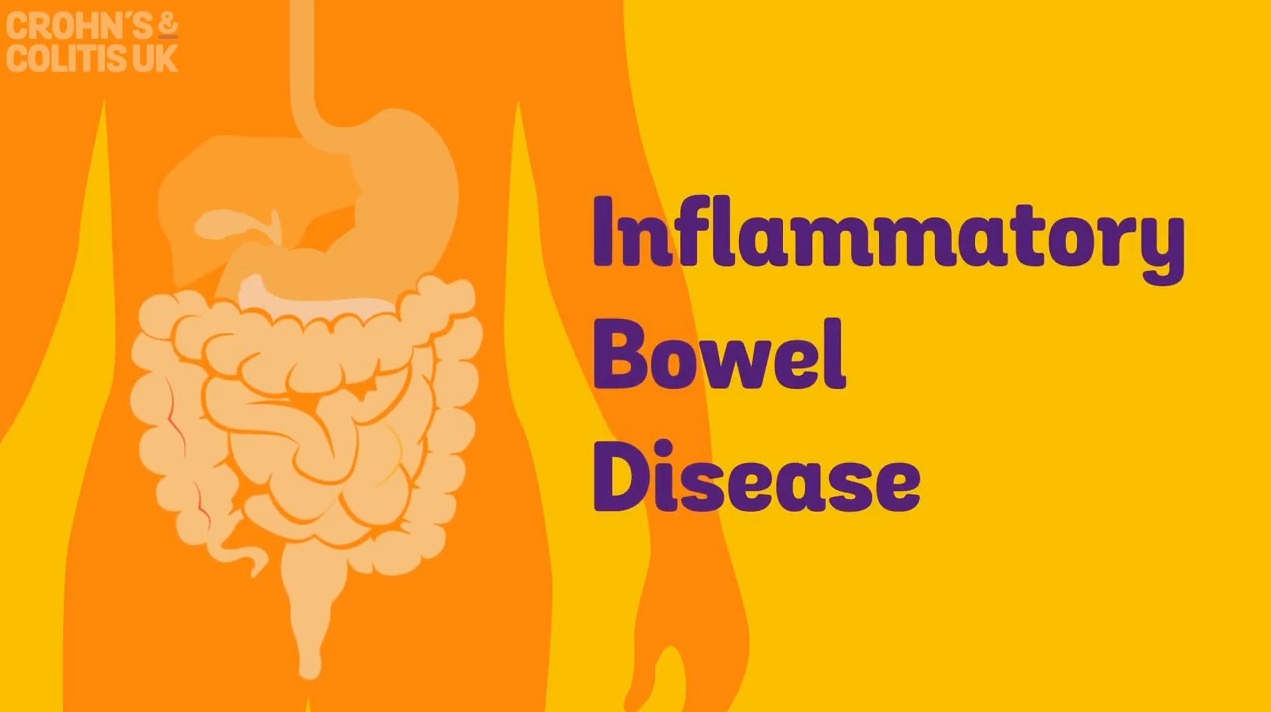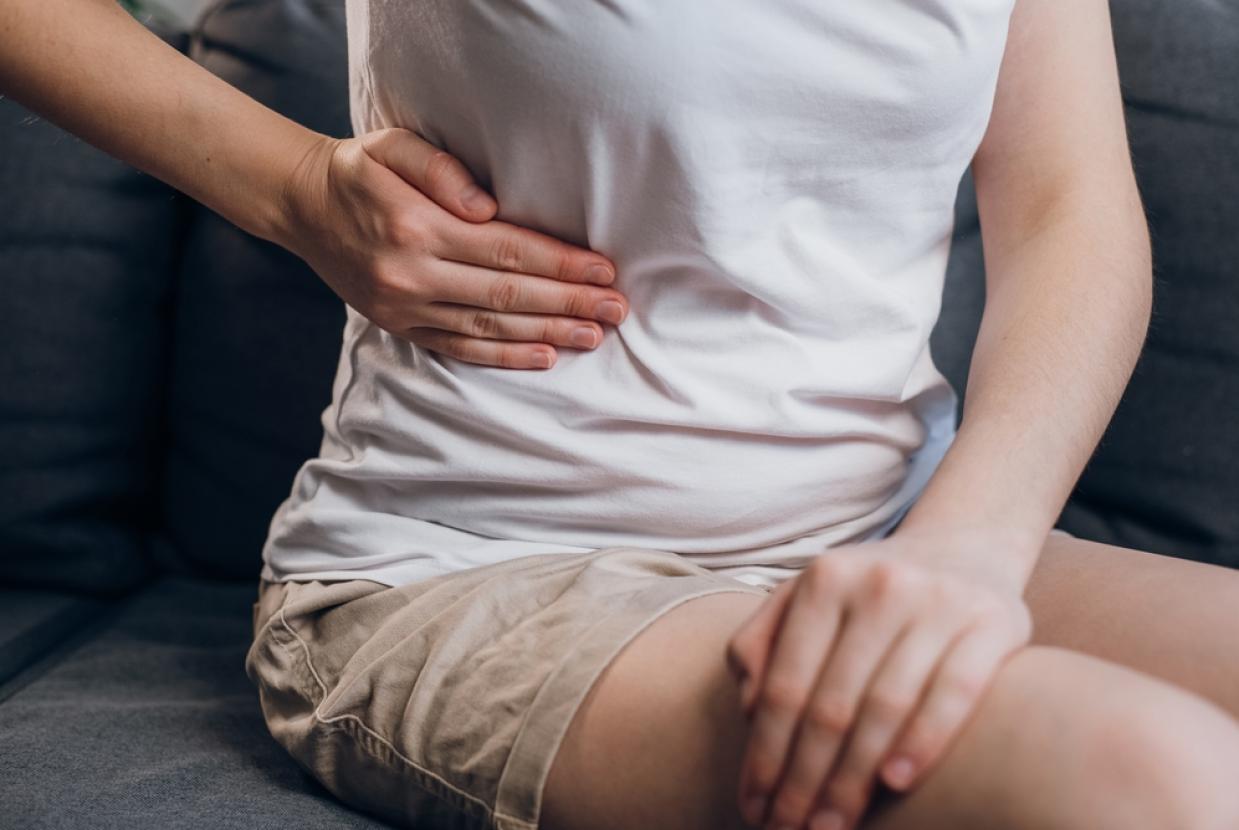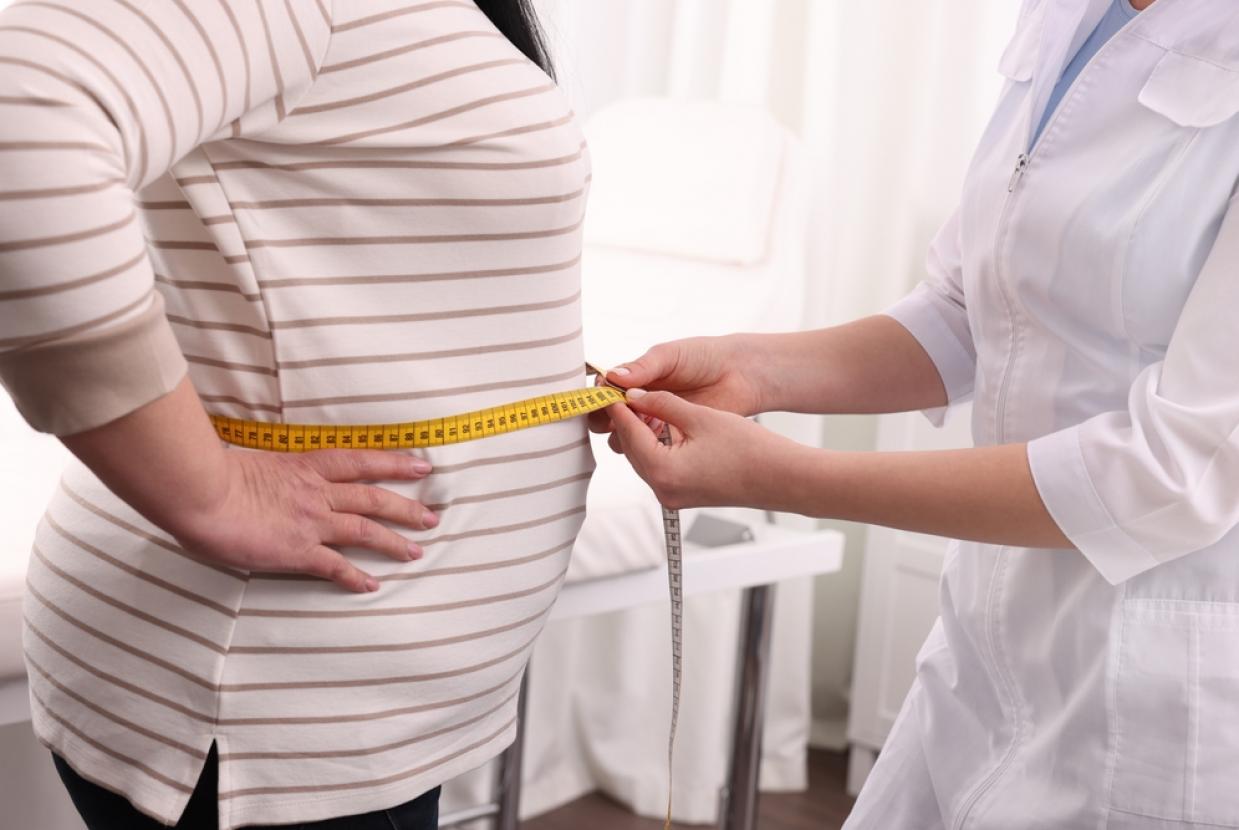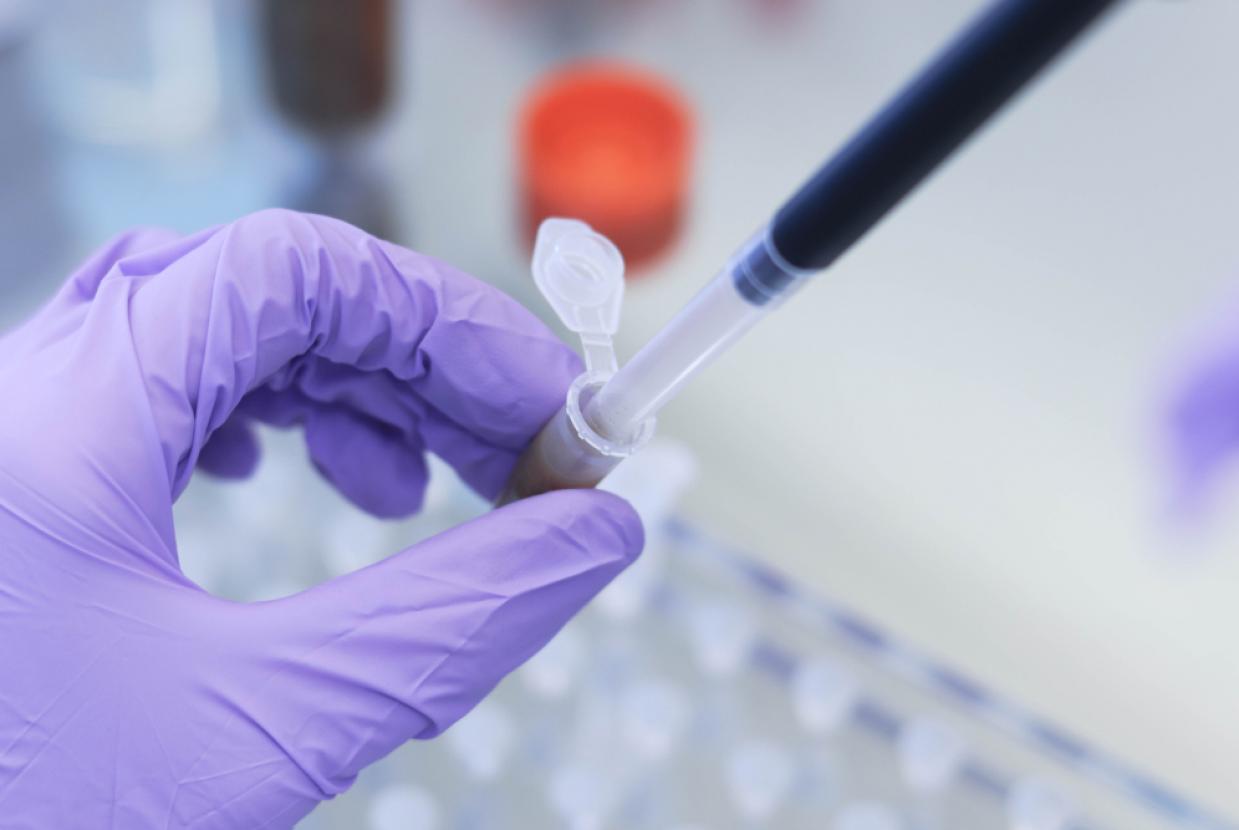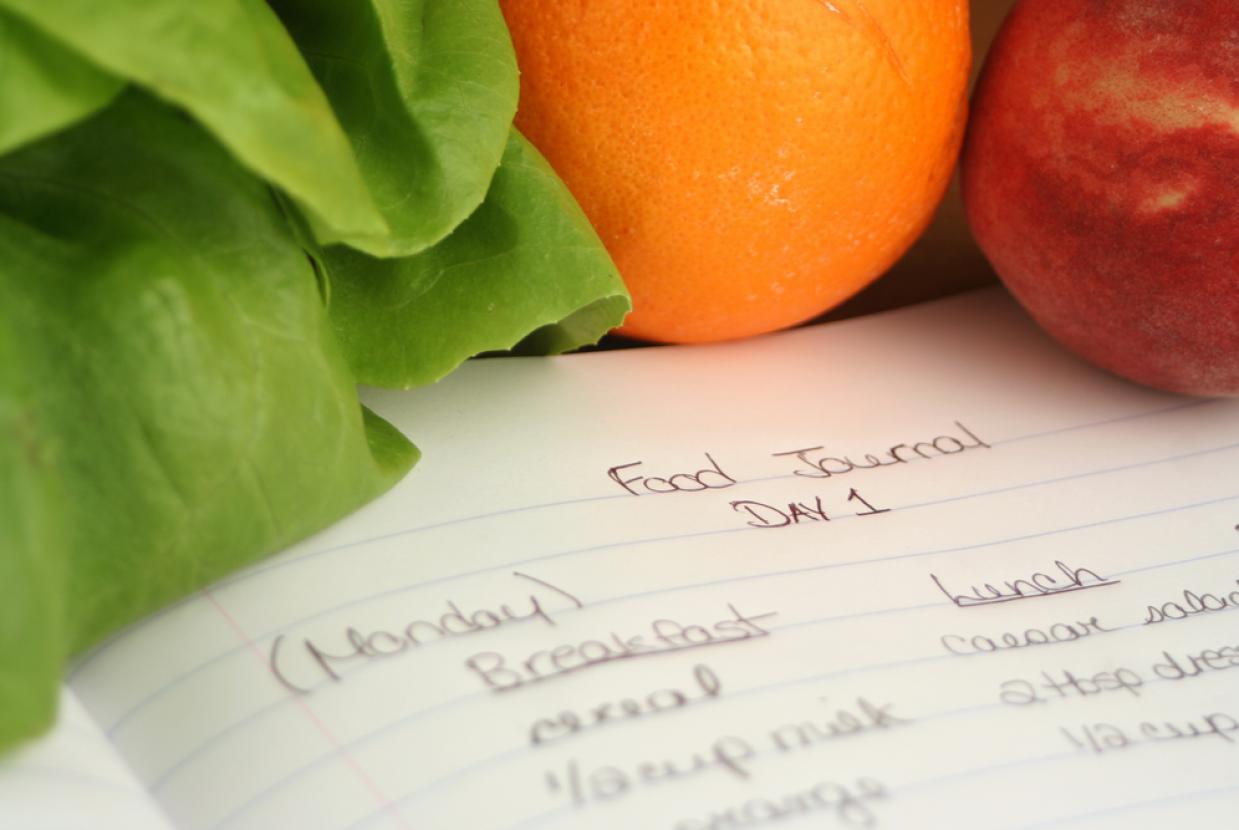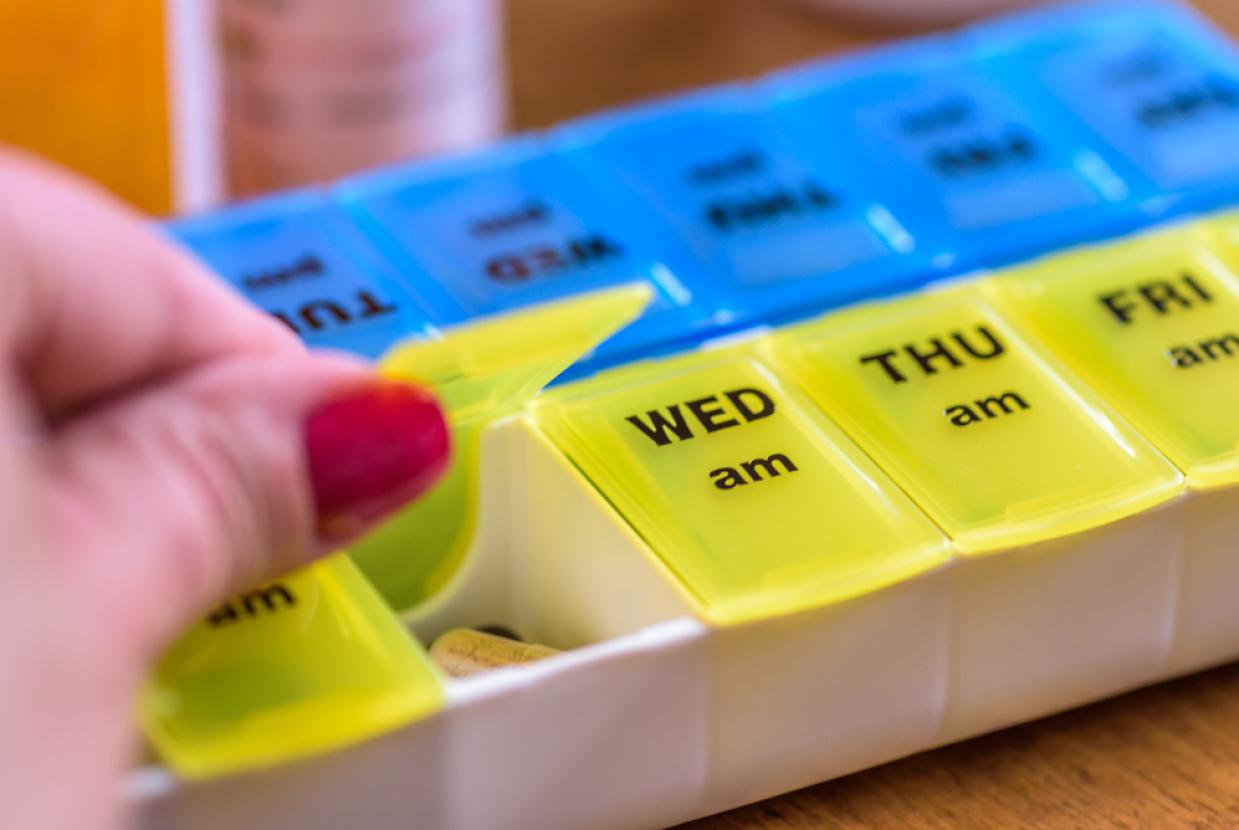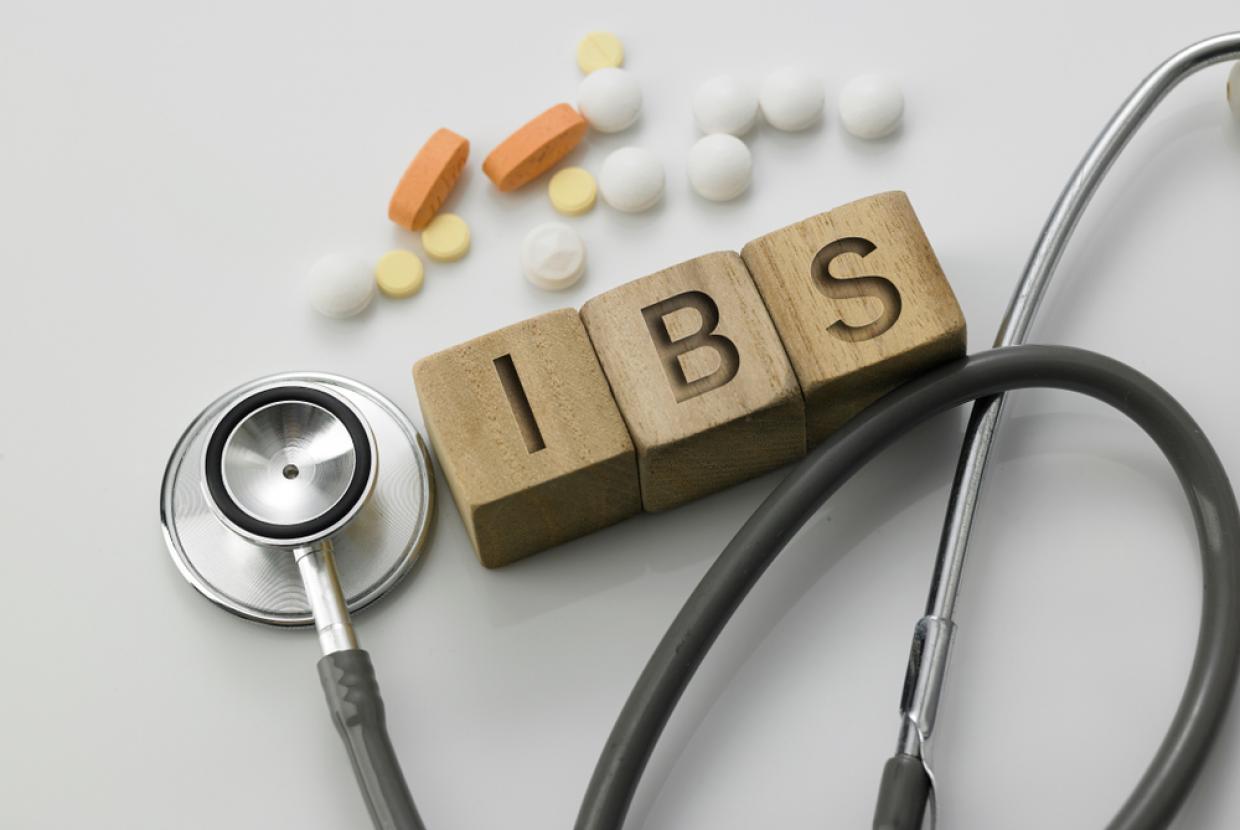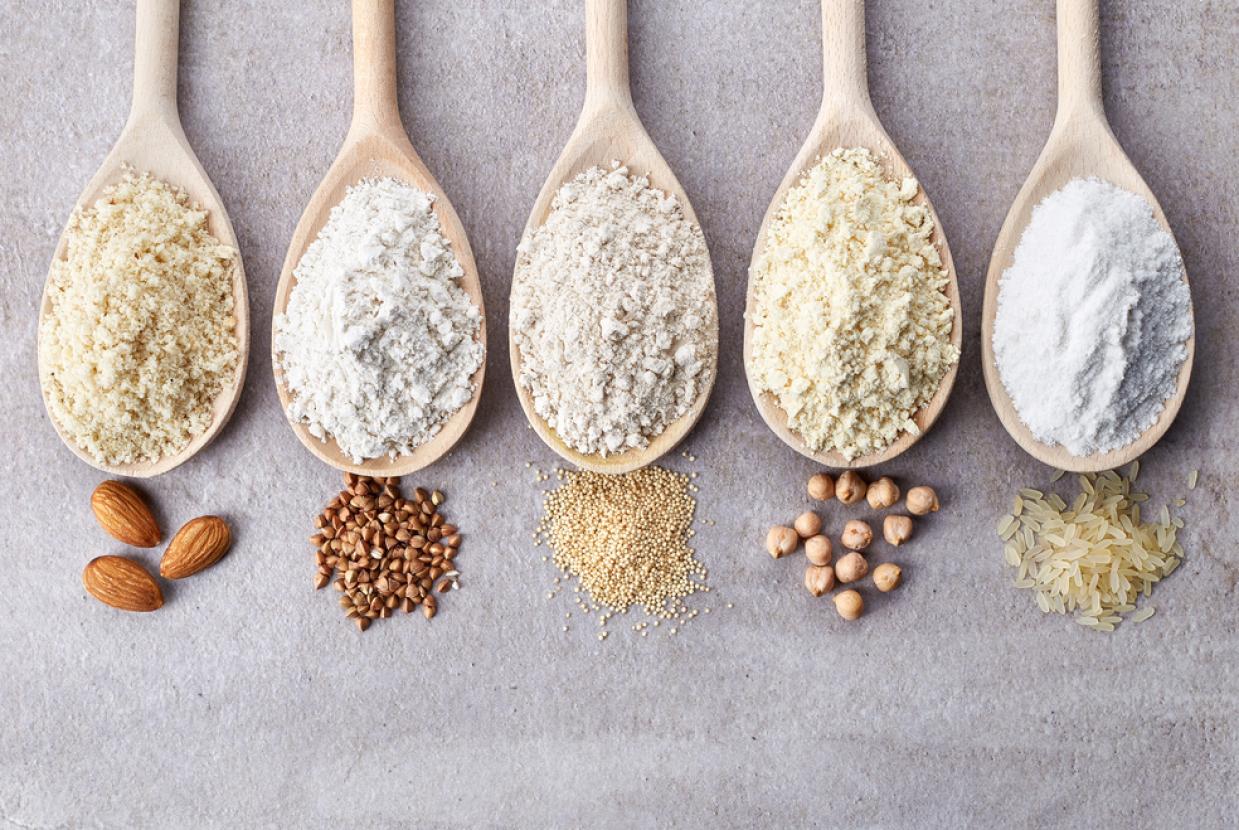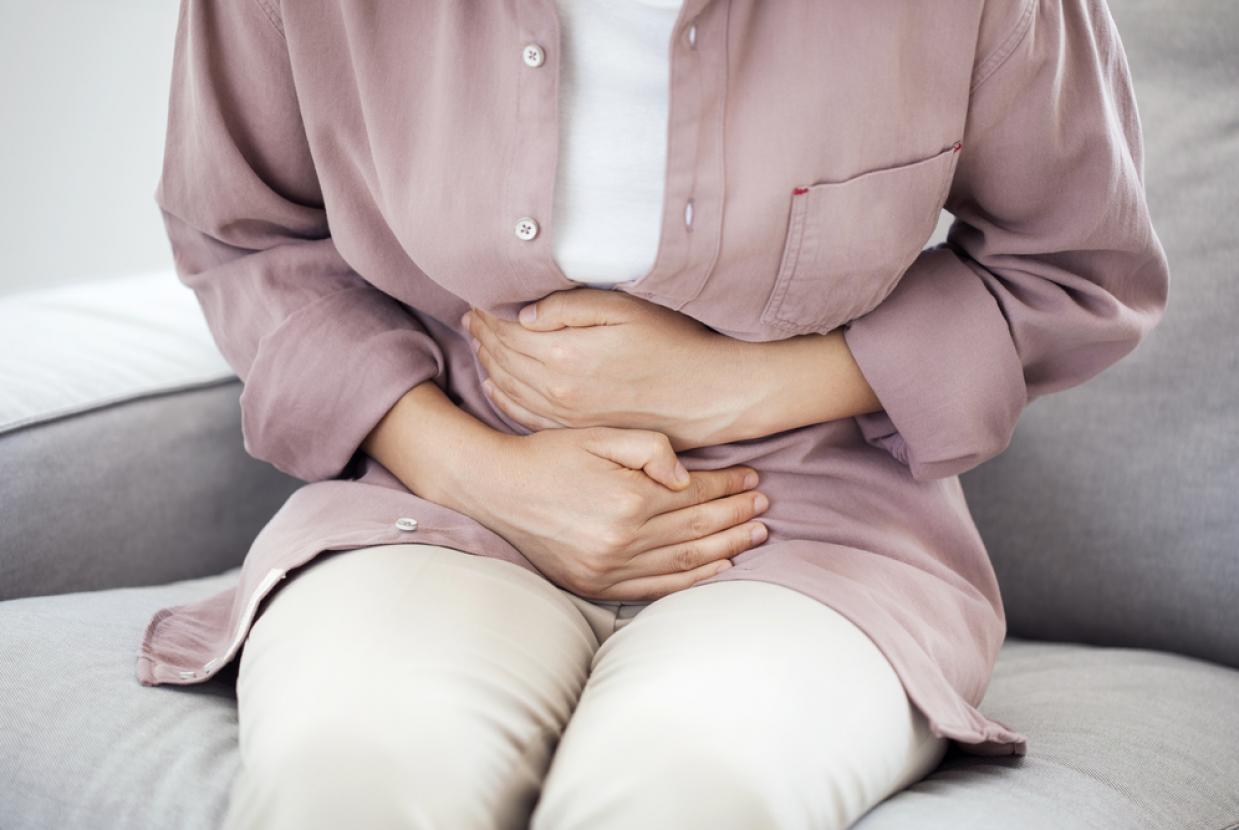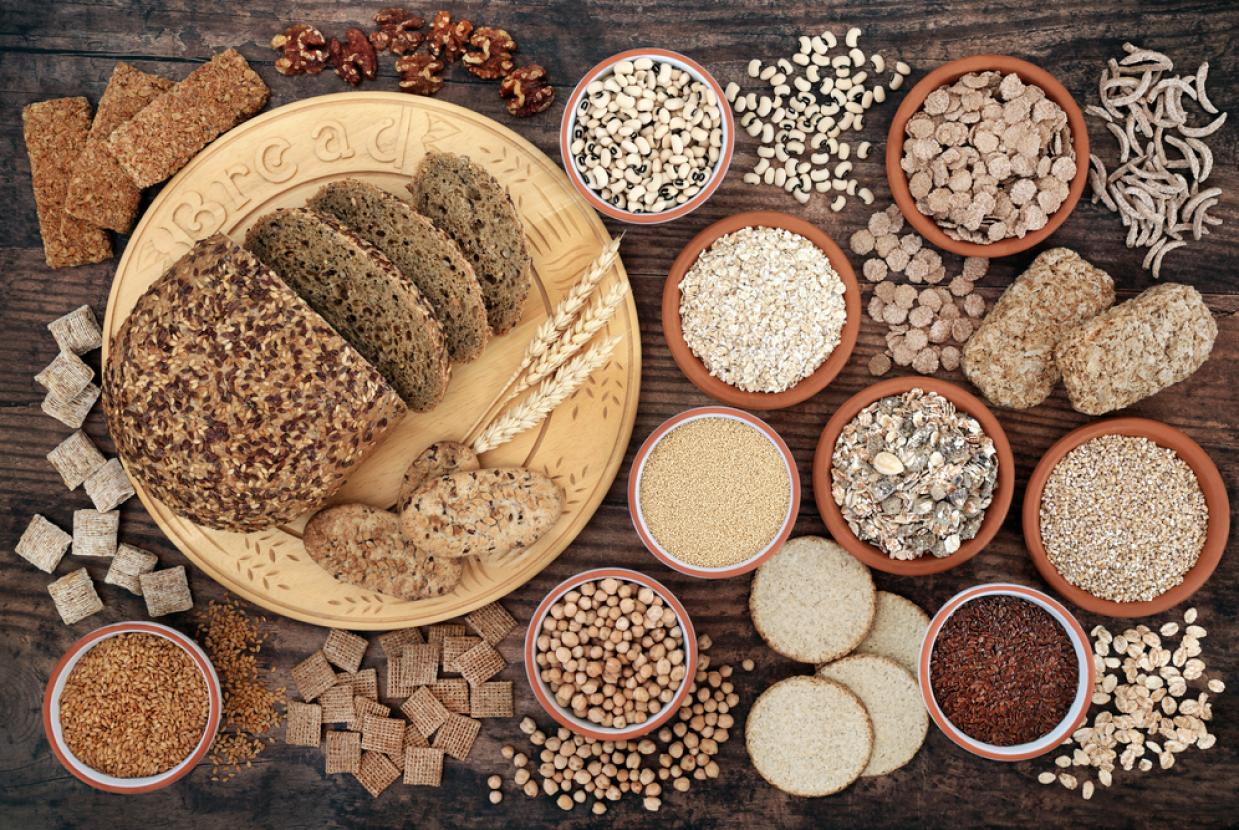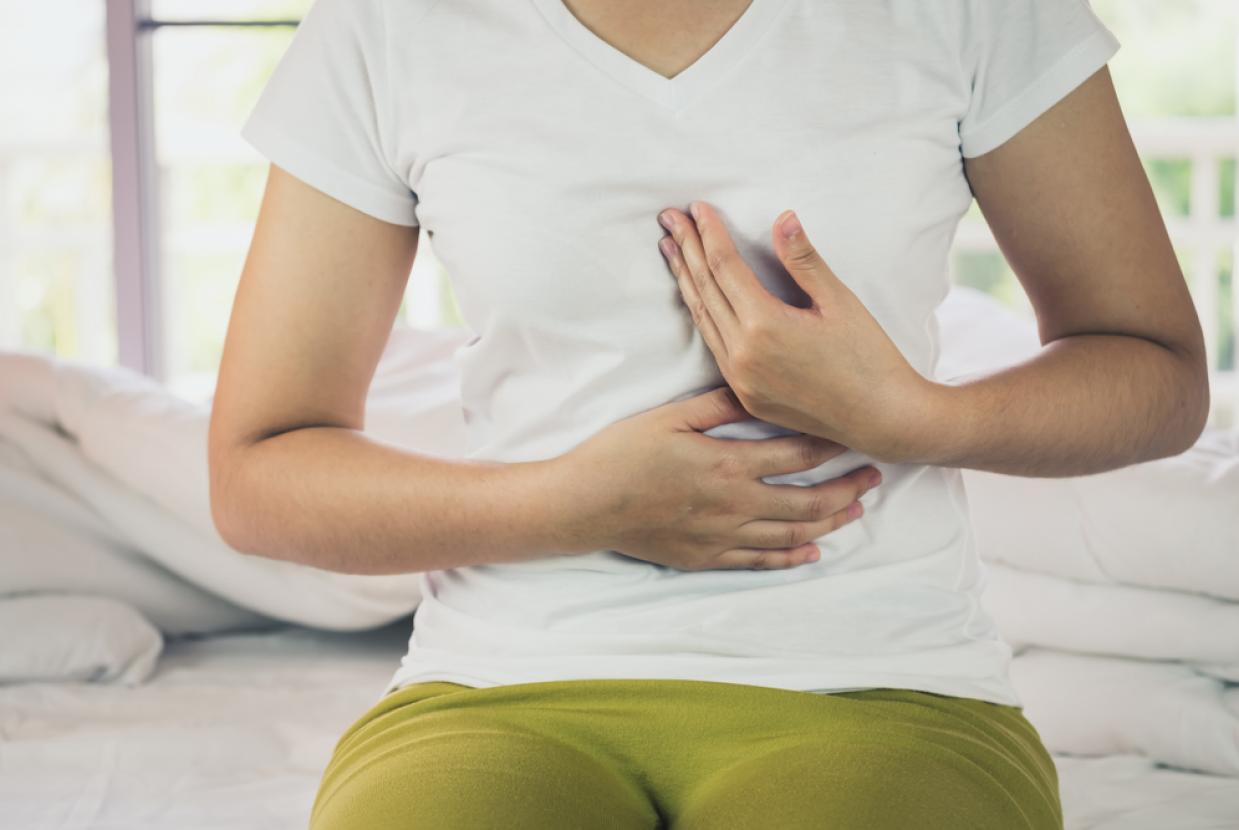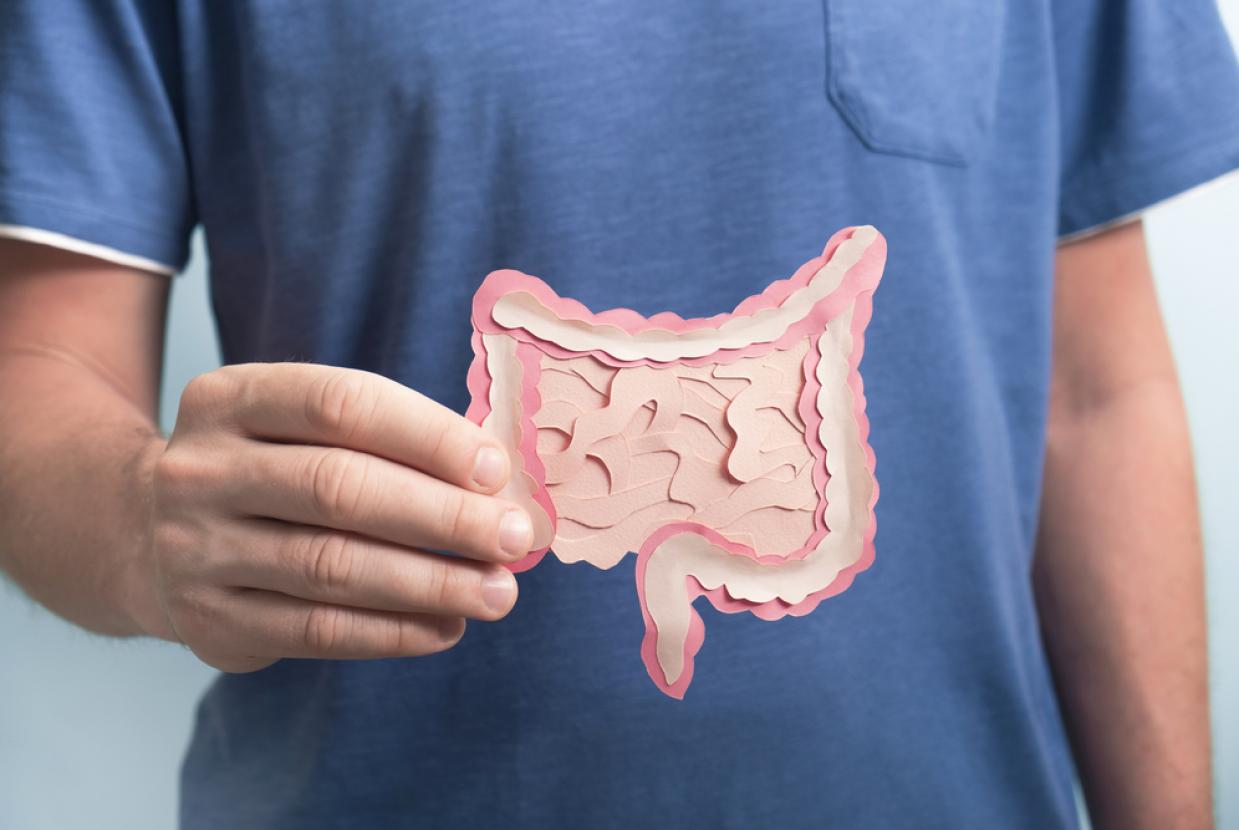Diverticular Disease
Diverticular disease and diverticulitis are related digestive conditions that affect the large intestine (colon).
In diverticular disease, small bulges or pockets (diverticula) develop in the lining of the intestine. Diverticulitis is when these pockets become inflamed or infected.
Symptoms of diverticular disease include:
- lower abdominal pain
- feeling bloated
The majority of people with diverticula will not have any symptoms; this is known as diverticulosis.
Symptoms of diverticulitis tend to be more serious and include:
- more severe abdominal pain, especially on the left side
- high temperature (fever) of 38C (100.4F) or above
- diarrhoea or frequent bowel movements
Diverticulosis, diverticular disease and diverticulitis
Diverticula
‘Diverticula’ is the medical term used to describe the small bulges that stick out of the side of the large intestine (colon).
Diverticula are common and associated with ageing. The large intestine becomes weaker with age, and the pressure of hard stools passing through the large intestine is thought to cause the bulges to form.
It’s estimated that 5% of people have diverticula by the time they are 40 years old, and at least 50% of people have them by the time they are 80 years old.
Diverticular disease
1 in 4 people who develop diverticula will experience symptoms, such as abdominal pain.
Having symptoms associated with diverticula is known as diverticular disease.
Diverticulitis
Diverticulitis describes infection that occurs when bacteria becomes trapped inside one of the bulges, triggering more severe symptoms.
Diverticulitis can lead to complications, such as an abscess next to the intestine.
Read more about the complications of diverticulitis.
Treating diverticular disease and diverticulitis
A high-fibre diet can often ease symptoms of diverticular disease, and paracetamol can be used to relieve pain – other painkillers such as aspirin or ibuprofen are not recommended for regular use, as they can cause stomach upsets. Speak to your GP if paracetamol alone is not working.
Mild diverticulitis can usually be treated at home with antibiotics prescribed by your GP. More serious cases may need hospital treatment to prevent and treat complications.
Surgery to remove the affected section of the intestine is sometimes recommended if there have been serious complications, although this is rare.
Read more about treating diverticular disease and diverticulitis.
Who is affected
Diverticular disease is one of the most common digestive conditions.
Both sexes are equally affected by diverticular disease and diverticulitis, although the condition is more likely to appear at a younger age (under 50) in men than in women. Overall, symptoms of diverticulitis are most likely to occur in people over 70 years old.
Diverticular disease is often described as a ‘Western disease’ because the rates are high in European and North American countries, and low in African and Asian countries.
A combination of genetics and diet is thought to be the reason for this and the fact that people in Western countries tend to eat less fibre.
People aged 50 to 70 who eat a high-fibre diet (25g a day) have a 40% lower chance of admission to hospital with complications of diverticular disease – compared to others in their age range with the lowest amount of dietary fibre.










